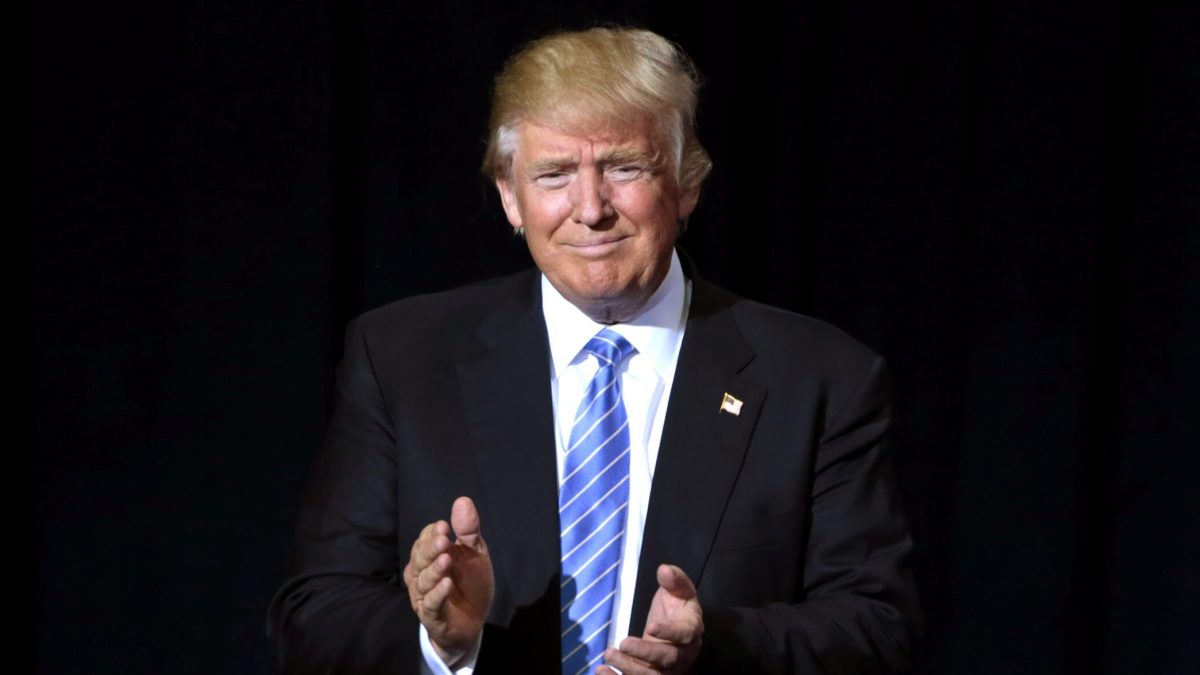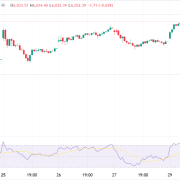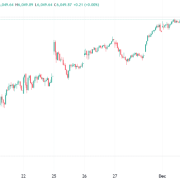
In November 2024, the S&P Global Brazil Manufacturing Purchasing Managers’ Index (PMI) fell to 52.3, from 52.9 in October.
This result, while suggesting development in the industrial sector, represents the slowest expansion seen in the past three months.
It is worth noting that the index has had a remarkable run, with 11 consecutive months of increase, demonstrating a substantial measure of resilience in an economy that is currently facing both domestic and international pressures.
Contrasting trends: Strong domestic orders versus export declines
One of the primary variables contributing to the PMI’s small fall is the strong increase in new domestic orders.
Brazilian manufacturers have benefited from strong local demand, which has played an important role in maintaining growth during this period.
With businesses aggressively growing their personnel and increasing raw material purchases to meet rising demand, there is a palpable sense of optimism in the local market.
Unfortunately, this bright light is offset by a considerable slowdown in output growth, resulting in a mixed picture of the sector’s performance.
Notably, export orders have shown a modest decrease following an amazing seven months of consecutive rise.
This reduction can be attributed to weakening demand from several key trading partners in South America, as well as major countries such as the United Kingdom and the United States, posing substantial challenges for Brazilian manufacturers that continue to rely on international markets for their products.
The conflicting trends of stable domestic orders and declining export orders illustrate the complexities and risks inherent in Brazil’s manufacturing sector, prompting a thorough examination of future initiatives.
Workforce expansion despite challenges
Despite contradictory signals from new orders and output levels, businesses across Brazil continue to invest in their workers.
The intention to increase human resources in anticipation of continued domestic demand demonstrates a strong commitment to long-term growth plans that could help the industry as a whole.
This investment in workforce expansion is vital since it not only boosts overall productivity but also helps to strengthen the economy in various parts of the country.
Furthermore, enterprises are taking a proactive approach by expanding raw material purchases.
This behaviour indicates that, despite the recent downturn in economic pace, manufacturers are carefully positioning themselves to capitalize on any future opportunities in the domestic market, thereby maintaining their competitive edge over time.
Inflationary pressure and rising costs
On the pricing front, the manufacturing sector is currently navigating a difficult landscape marked by modest rises in both input costs and selling charges.
While these increases reflect increased operational costs, they remain within a tolerable range when compared to historical inflation rates in the economy.
However, the persistence of high inflation remains a major worry for businesses, impacting pricing and production strategies alike.
Brazilian producers are now faced with the combined task of efficiently managing these costs while also maintaining competitive pricing in a dynamic market.
The drive to maintain profitability in the face of rising raw material and operational costs puts further weight on operational efficiency, necessitating the adoption of innovative methods and the streamlining of processes for businesses to remain viable over time.
Outlook for future production
Despite the hurdles created by slower output growth and the continuous danger of inflation, Brazilian businesses remain cautiously optimistic about production prospects for the coming year.
The PMI’s steady growth suggests that firms expect gains in both domestic and export performance as economic conditions improve in favour of recovery and stabilization.
The confidence shown by those in the industrial sector reflects a genuine belief in Brazil’s economic recovery potential, indicating a bright future ahead.
If local demand remains robust and the global market recovers, the manufacturing sector may be set for newfound vigour, rejuvenating the whole economic landscape.
A complex outlook ahead
The November 2024 S&P Global Brazil Manufacturing PMI highlights a complicated and diversified situation for Brazil’s manufacturing industry.
While growth continues, signals of slowing momentum, combined with obstacles in export markets, cannot be overlooked and must be addressed wisely.
As manufacturers negotiate these challenges, taking a proactive approach to labour expansion and raw material procurement will be critical for maintaining strong performance and overcoming occasional setbacks.
Given the positive prognosis for rising output levels, Brazil’s manufacturing industry is at a critical crossroads, ready to face both obstacles and opportunities in the coming months.
As the economy evolves, Brazilian manufacturers’ resilience and adaptability will be put to the test, emphasizing the necessity of strategic planning, innovation, and the ability to pivot efficiently in response to an ever-changing marketplace.
The post Brazil’s manufacturing sector slows in November, but remains resilient appeared first on Invezz











